Astrology: How to Make and Read a Horoscope for Your and Other(An Old and Rare Book)
FROM the earliest ages of the world's history the subject of Astrology has excited the interest of, and exercised a great influence over, the minds of a certain order of thinking men. The science has never been universal in its acceptance, though it is safe to say that, with its countless adherents in the East and the ever-increasing number of its advocates in the West, there is no faith which has a more universal application than the belief in the influence of the heavenly bodies over the destinies of human beings. It is not possible within the limits of a small handbook such as this to adequately consider the philosophic paradox which makes of freewill in man a "necessity in play" ; but it is obvious that the concept is not altogether unscientific, seeing that it is customary to speak of the "free path of vibration" in chemical atoms while at the same time it is known that these atoms have their restricted characteristics, modes of motion, & c., and are all subject to the general laws controlling the bodies of which they form integral parts. Let it suffice that if we can trace an actual connectedness between the disposition of the heavenly bodies at the moment of a birth and the known life and character of the individual then born, and an exact correspondence between the course of events in that life with the changes occurring in the heavens subsequent to the moment of birth, we shall do well to accept the fact for what it is worth, and arrange our philosophic notions accordingly. As far back as the year B.C. 2154, we find mention of the great importance attached to the celestial phenomena in the minds of Chinese rulers. It is recorded in the Historical Classic of China that at that time the astrologers Hi and Ho neglected their duties so that when, on the 10th of October, there was a great eclipse of the Sun at Peking between seven and nine o'clock in the morning, the people were wholly unprepared for it, and "ran about here and there in the utmost consternation." For this offence Hi and Ho were deprived of their offices, their estates were confiscated and they were driven from the kingdom. Among the Hindus we have the classical writers Garga, Parashara, and 3 Mihira, together with their legions of commentators. The Assyrian records are full of astrological allusions regarding the influence of planetary conjunctions and stellar positions. The Greek mythology is nothing but a vast system of cosmographical astrology, and there is no other history in it than what you may read in the constellations of the heavens and the corresponding evolution of the human race. Aristotle made it a part of his philosophy. Hipparochus, Hippocrates, Thales, Galenius, and others subscribed an intelligent belief in its principles. To Claudius Ptolemy, however, we are indebted for the first concise and scientific statement of its principles and practice, so far as Europe is concerned. He wrote the Tetrabiblos, or Four Books, and laid the foundations of a true astrological science. Julius Firmicus confirmed Ptolemy and enlarged upon his observations. The subsequent discovery of the planets Uranus and Neptune by Herschel and Adams, widened the field of research and gave to later astrologers the clue to much that hitherto had been imperfectly understood.
Get it now and save 10%
BECOME A MEMBER

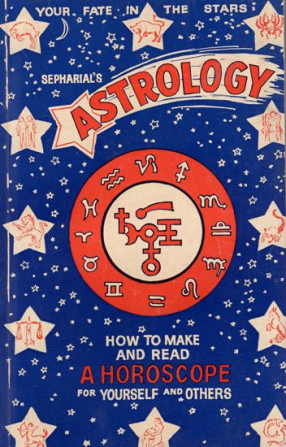
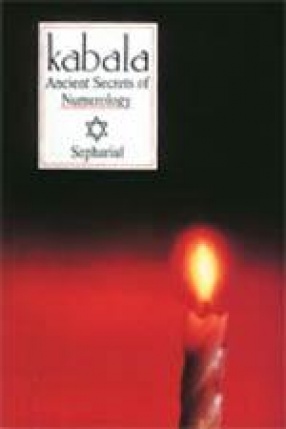
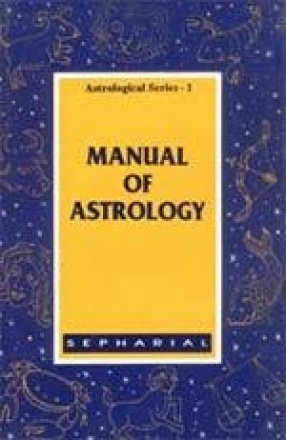
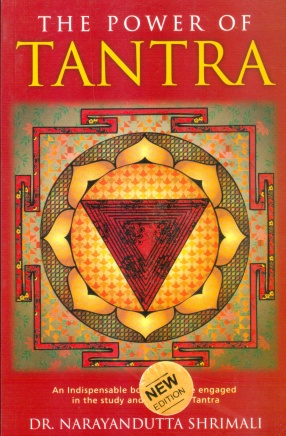
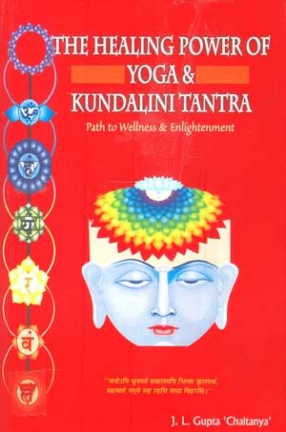
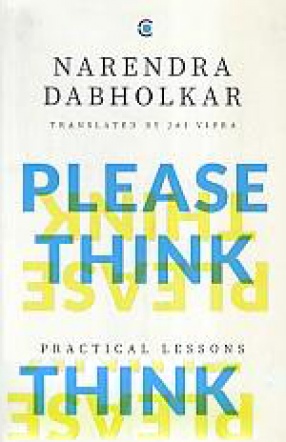
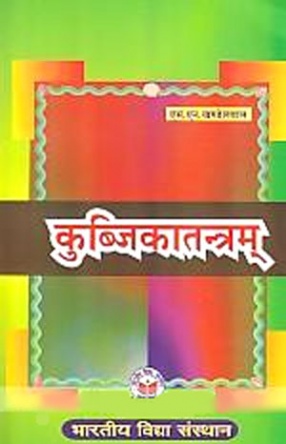

Bibliographic information